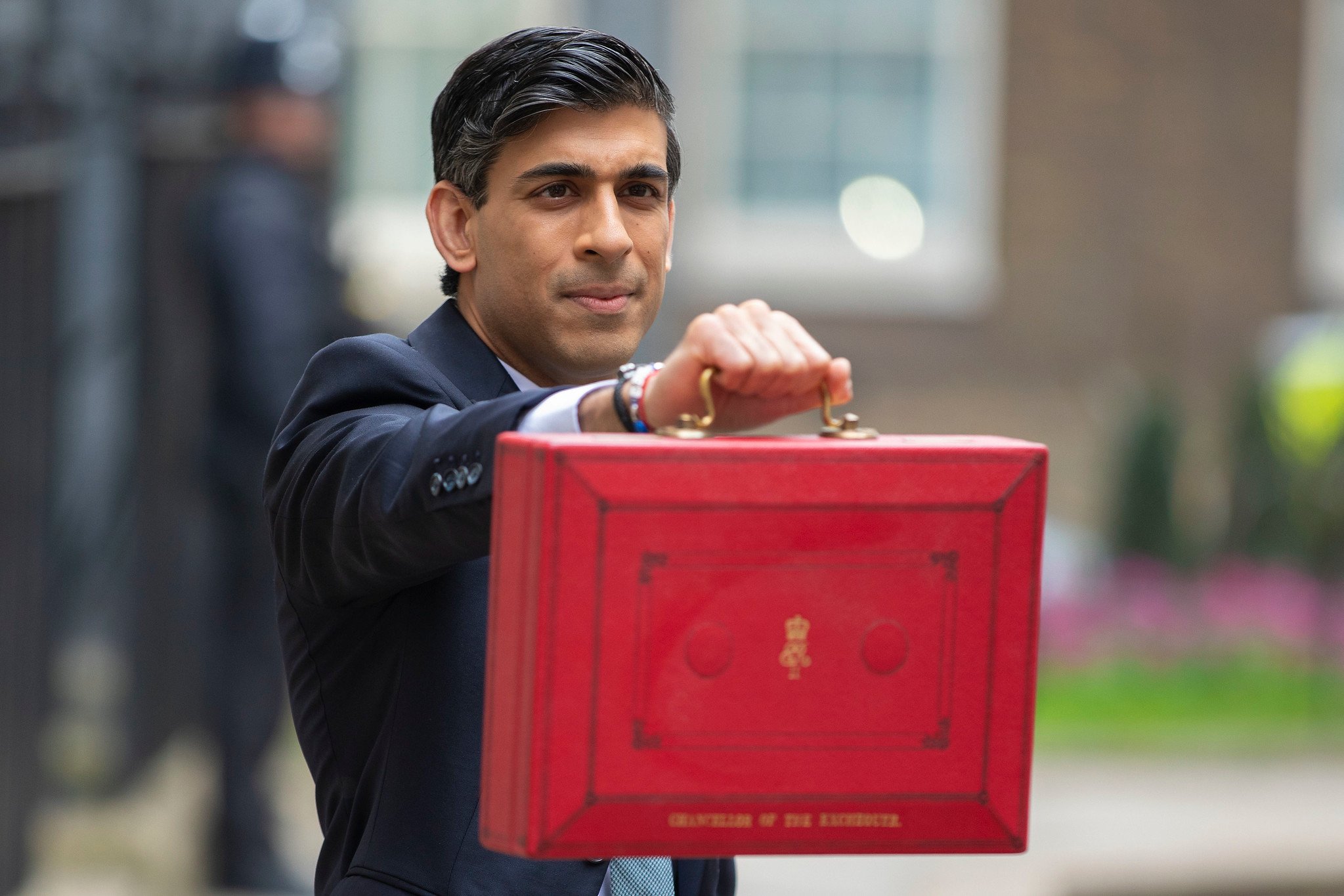
The UK will soon become a freeport hub.
At the tail end of his presentation of the UK’s 2021 budget on March 3, Chancellor Rishi Sunak announced the establishment of eight freeports across the nation.
These special economic zones make it easier and cheaper to do business, as they allow goods—including valuable artwork, cars, and jewelry—to be imported and exported while avoiding customs duties. They can also be used to import raw materials, which can be transformed in situ into finished products ready to export.
Sunak announced the plan as part of a broader effort to spur the UK’s financial recovery following a historic 10 percent slump in 2020. According to his statement in parliament, the policy will “bring investment trade, and most importantly jobs right across this country” and “replace the industries of the past with green, innovative, fast-growing new businesses.” He added that he hoped to “encourage free trade and reinforce our position as an outward-looking trading nation open to the world.”
The possibility of establishing freeports in the UK was first floated by Boris Johnson in 2019. Since then, ports and airports around the country have been able to bid to become a freeport. More than 30 bids were submitted ahead of the announcement today, and Sunak named eight as the winning regions to be designated with this special status.
They are: East Midlands Airport, Felixstowe and Harwich, Humber, Liverpool City Region, Plymouth, Solent, Thames, and Teeside.
The Chancellor stressed that the establishment of freeports in the UK has been made possible by the UK leaving the European Union. Notably, however, while the EU has been increasingly scrutinizing these high-security storage facilities after experts found them to be a haven for money laundering and tax evasion, they were possible under EU rules. There are dozens scattered across the bloc in locations ranging from Italy to Luxembourg to Ireland.
Wednesday’s announcement stressed that the establishment of freeports would help regenerate former industrial regions, such as the steel-industry hub Teeside. But the news will also certainly be of interest to high-net-worth art collectors looking to store their assets in the UK.
In laying out the new policy, which he promised will bring an “unprecedented economic boost across the United Kingdom,” Sunak said these facilities would have simpler planning than their international cousins to encourage businesses to build. They would also come with infrastructure funding to improve transport links; cheaper customs with favorable tariffs, VAT, or duties; and lower taxes, with tax breaks to encourage construction, private investment, and job creation.